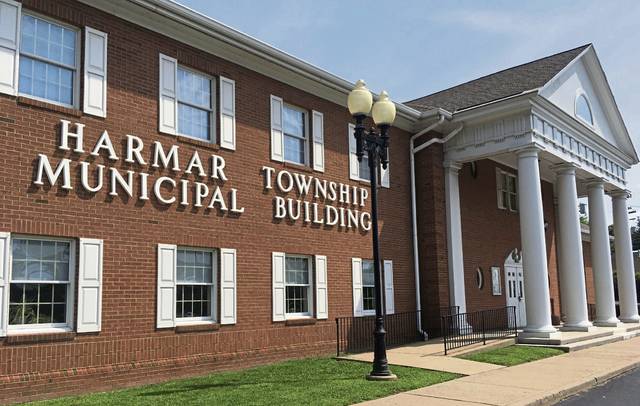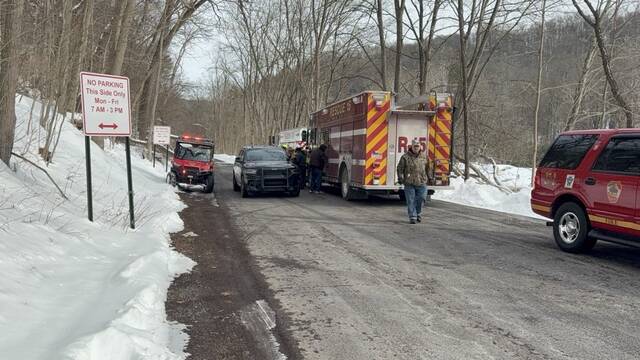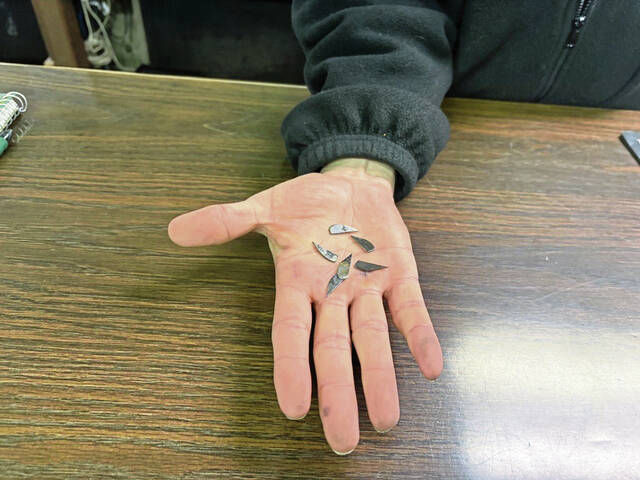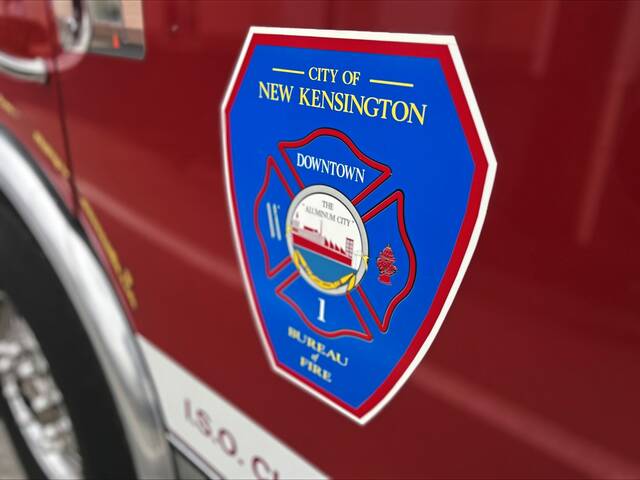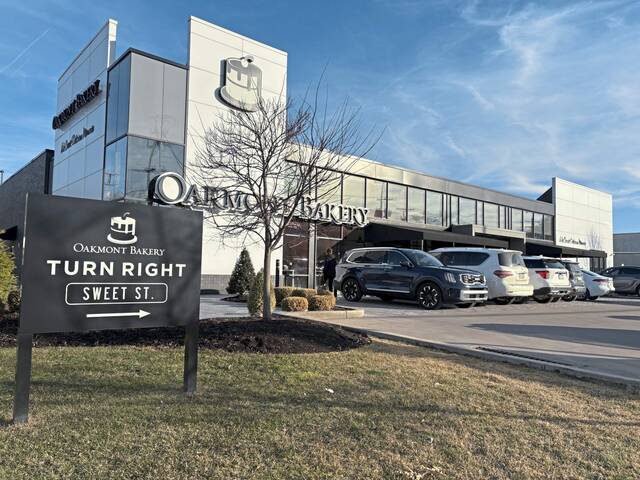Harmar supervisors are pondering how to increase community awareness on the demands of the federal Municipal Separate Storm Sewer System Program.
Supervisor Harry Lenhart discussed the need for such an effort after attending a Pennsylvania State Association of Township Supervisors conference last week about the program, also known as MS4.
MS4s are stormwater runoff systems as pipelines, ditches and retention ponds operated by municipalities for the purpose of collecting and channeling stormwater into waterways such as rivers and creeks.
The MS4 program is an effort under the federal Clean Water Act to reduce pollution carried by runoff, such as soil, sediment and road salt and anti-skid materials used to maintain roads in the winter from being discharged into public waterways.
In Pennsylvania, the Department of Environmental Protection is responsible for overseeing the program and compliance with it.
“They are getting more detailed with their requirements,” Lenhart said, referring to the Pennsylvania Department of Environmental Protection. “They want us to form authorities to manage this locally and hire someone to operate them.
“We need to prepare people that this is coming down the road,” Lenhart said. “They want to fine people based on the amount of impervious (paved) surfaces on their properties.”
He said that could become very expensive for some businesses in the township, such as Curtiss-Wright, which have a lot of paved areas such as walkways and parking lots.
Lenhart said the township should start doing more outreach to township businesses and residents to inform them about what lies ahead.
Supervisors Chairman Bob Seibert said there is really nothing the municipalities can do but comply.
“It’s another unfunded mandate,” Seibert said, noting that it will be up to the communities to bear the resulting costs of compliance.
He agreed that more outreach is needed. He suggested that in regard to forming authorities, the municipalities probably would be better served by sticking together to share the costs.
“This sounds like it is something tailor-made for the COG,” Seibert said, referring to the Allegheny Valley North Council of Governments, of which Harmar is a member.
Lenhart, who represents Harmar at COG meetings, said he would raise the issue at the next COG meeting.
Engineer: Harmar’s plan OK with state
Meanwhile, Matt Pitsch, the township engineer, said the township’s MS4 efforts have satisfied DEP.
“We had our MS4 audit and we did really well,” Pitsch said. “They were very happy with our progress and said there’s just a few things we have to work on.”
The pollution reduction project the township was required to propose also has received DEP’s blessing.
According to Pitsch, it involves installing stone riprap along Little Deer Creek’s banks through the township, installing an erosion control “blanket” higher up on the banks along with tree or brush plantings.
The township will use a $150,000 watershed restoration grant it was recently awarded by the state Department of Community and Economic Development to finance the project. He said the township will provide a 15% match to cover the $180,000 project cost.
“We just got the grant so we’ll have to do surveying and get that to DEP so that we’ll be allowed to work in the stream,” Pitsch said.
He said that work should begin sometime in the spring.


